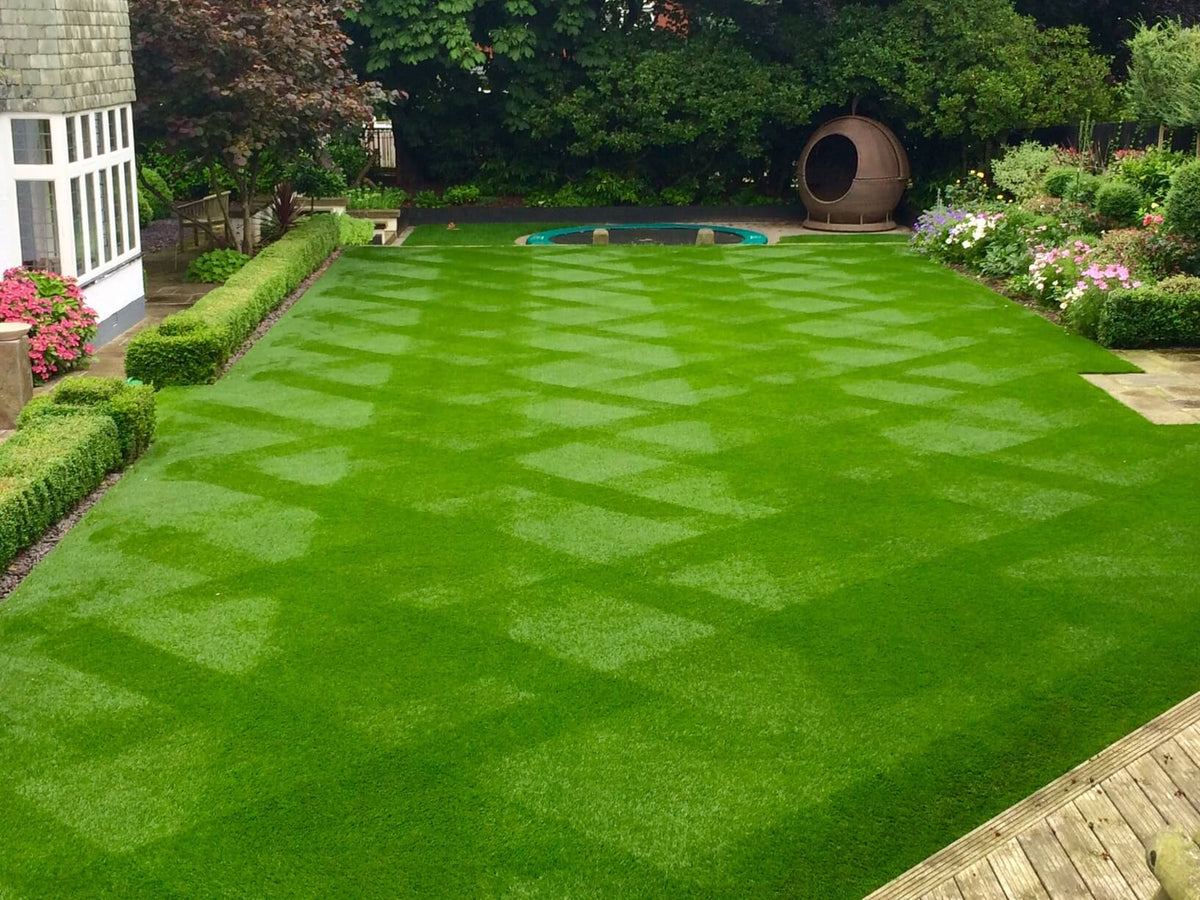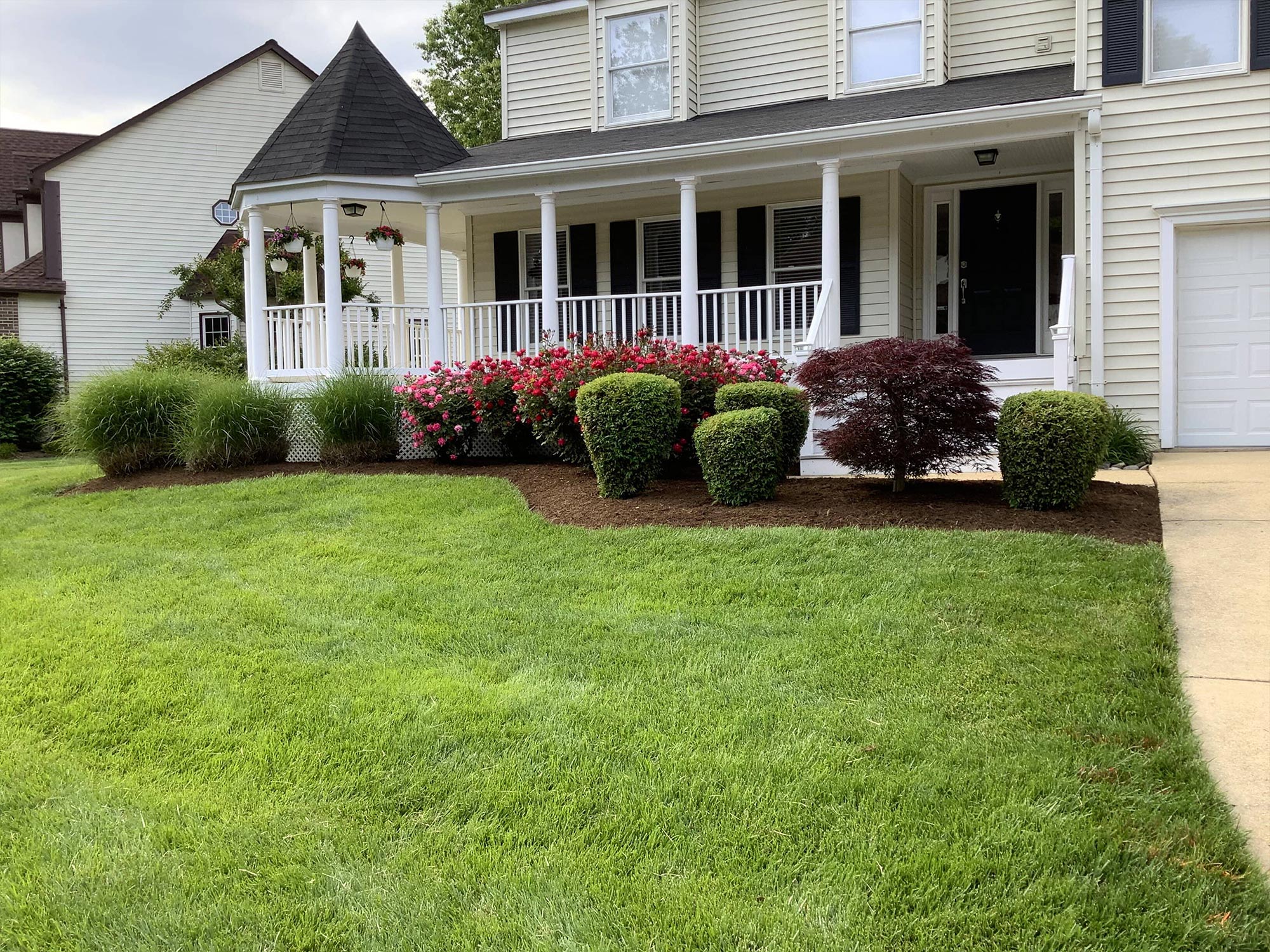What are the key questions to ask a landscaping contractor before hiring them in New Orleans?
Choosing a proper landscaping contractor in New Orleans in a city with such a unique environment requires more than just a glance at a portfolio.

When hiring a landscaping contractor in New Orleans, focusing on professional credentials, local drainage experience, and their quoting process is essential. Homeowners should verify a contractor holds the official state qualification as a Landscape Horticulturist in Louisiana and carries proper coverage for property damage and crew injuries. It's also vital to see examples of their local work dealing with heavy rainfall and to request a detailed, itemized quote to ensure transparency and prevent unexpected costs.
Choosing a proper landscaping contractor in New Orleans in a city with such a unique environment requires more than just a glance at a portfolio. The city’s subtropical climate, notoriously heavy "gumbo" soil, and frequent downpours create challenges that only an experienced local contractor can properly address. Asking the right questions upfront is the best way to find a professional who can create a beautiful, sustainable landscape that won't turn into a swamp after the first summer storm.
Foundational Questions About the Business
Before discussing plants and patios, it’s important to vet the business itself. These questions establish a baseline of professionalism and reliability.
Verifying State Credentials and Financial Protections
In Louisiana, any contractor performing landscaping services for hire is required to hold an official Landscape Horticulturist qualification from the Department of Agriculture and Forestry. This isn't just a piece of paper; it signifies they have passed exams on topics like plant identification, soil health, and safe pesticide use.
Beyond their professional standing, having proper financial protections in place is your primary safeguard.
- Coverage for Property Damage: This policy covers costs if your home, car, or other property is accidentally damaged during the project.
- Coverage for Worker Injuries: This handles the medical costs for the contractor's employees if they are injured while working on your property. Without this protection, you could be held financially responsible.
Bonus Tip: Don't just take their word for it. Ask for a copy of their certificate of coverage. The document should have the policy number and the provider's contact information, which you can call to verify that their protective plan is active.
Experience with New Orleans Climate and Soil
General landscaping experience is good, but local experience is better. The contractor should be able to speak confidently about:
- Managing Water: How do they approach drainage in yards with heavy clay soil? Ask about their experience installing French drains, grading properties, or using raised beds.
- Plant Selection: Which plants do they recommend for the intense summer heat and humidity? They should be knowledgeable about native and adapted plants that thrive with minimal intervention.
- Hurricane Preparedness: What considerations do they make for wind resistance when planting trees or installing features like pergolas?
References and Project Portfolio
A portfolio shows off a contractor's best work. References tell you what it’s like to actually work with them. Ask for both. When checking references, go beyond "Were you happy with the work?" and ask more specific questions like, "How did the contractor handle unexpected issues?" and "Did the project finish on time and on budget?"
Diving Into the Project Specifics
Once you're comfortable with the contractor's credentials, it's time to talk about your project. Clear communication here is the key to getting the result you want.
The Quoting and Design Process
A handshake deal is a recipe for disaster. A professional lawn maintenance in New Orleans should be clear from the start. Ask, "What is your process for developing a design and a quote?" Some designers charge a separate fee for a detailed landscape plan, which is a common and legitimate practice.
The most important document you’ll receive is the quote. A vague, one-page quote with a single number is a red flag. An itemized quote provides the transparency you need to make an informed decision.
Here is a comparison of what you get with each type of quote.
| Feature | Itemized Quote | Lump Sum Quote |
|---|---|---|
| Transparency | High. Shows costs for materials, plants, and labor separately. | Low. Provides a single total price for the entire job. |
| Flexibility | Easy to adjust. You can add or remove items based on budget. | Difficult to change without getting a completely new quote. |
| Comparison | Allows you to compare specific costs (e.g., paver prices) between contractors. | Makes it hard to do an "apples-to-apples" comparison. |
| Hidden Costs | Less likely, as every item is accounted for. | Higher potential for misunderstandings about what is included. |

Subcontractors and the On-Site Crew
You need to know who will be at your home. Ask, "Will your employees be doing all the work, or do you use subcontractors for certain tasks like irrigation or lighting?" There’s nothing wrong with using trusted subcontractors, but you should know who they are. Also, ask who the on-site project manager or foreman will be. This is your go-to person for daily questions.
Logistics and Long-Term Care
The project doesn't end the day the last plant goes into the ground. These questions cover the timeline and what happens after the work is done.
Project Timeline and Communication
Ask for a realistic start and end date, keeping in mind that New Orleans weather can cause delays. More importantly, ask how they will communicate with you about progress and any schedule changes. A weekly email or a quick phone call can prevent a lot of frustration.
Warranties and Guarantees
A reputable contractor will stand behind their work. Ask, "What kind of warranty do you offer on your plants and hardscaping?" A one-year warranty on trees and shrubs is a common industry standard. Hardscaping, like patios and retaining walls, should be guaranteed against defects in workmanship for at least a year. Get these guarantees in writing in the contract.
Bonus Tip: A plant warranty is often contingent on proper care. Ask the contractor to provide you with detailed watering and care instructions for all the new plantings.
Things to Consider Before Making a Decision
Before you even start calling contractors, take some time to prepare. First, have a clear idea of your budget. Know what you are willing to spend, and be upfront about it. Second, gather some inspiration. Create a small collection of photos of landscapes, plants, and features you like. This gives the contractor a visual understanding of your goals. Finally, remember that the lowest bid is often not the best value. Quality materials and skilled labor cost more, but they result in a project that lasts.

Common Questions About Hiring a Landscaper
How much should I expect to spend?
Landscape project costs can range from a few thousand dollars for a simple planting bed refresh to tens of thousands for a full yard renovation with hardscaping and lighting. A good rule of thumb is to budget 5-15% of your home's value for a comprehensive landscape installation.
What is the difference between a landscape architect and a landscape contractor?
A landscape architect is a design professional who specializes in the planning of outdoor spaces, especially for large or complex projects. A landscape contractor is the professional who builds and installs the project. Many companies offer both design and installation services.
Finding the Right Answers to Your Landscaping Questions
How do I verify a contractor's state credentials in Louisiana?
You can confirm a contractor's standing as a Landscape Horticulturist on the Louisiana Department of Agriculture and Forestry website. They have a searchable database of all professionals who hold the state qualification.
What are some common landscaping mistakes to avoid in New Orleans?
The biggest mistake is ignoring drainage. Planting in low spots without creating a way for water to escape will lead to root rot. Another error is choosing plants that aren't suited for the local climate; they will struggle in the summer heat and humidity.
Is a contract really necessary for a small project?
Yes. A written contract protects both you and the contractor. It should clearly outline the scope of work, total cost, payment schedule, and any warranties. Even for a small job, a contract eliminates misunderstandings.
How do payments typically work for a large landscaping job?
A common payment schedule is a deposit to secure a spot on the schedule (typically 10-30%), a progress payment during the project, and a final payment upon completion and your approval. Never pay for the entire project upfront.
Making a Confident Hiring Decision
Hiring a landscaping contractor is a significant investment in your home. By asking these targeted questions, you can move beyond a sales pitch to properly vet a contractor’s professionalism, local knowledge, and business practices. The goal is to find a reliable partner who communicates clearly and has the expertise to create a functional outdoor space that will thrive in New Orleans.
Getting a Professional Consultation
For homeowners who want to start with a contractor ready to answer these questions with confidence, a consultation is a great next step. An experienced team familiar with the New Orleans area can provide a realistic assessment and a clear plan. For those seeking such guidance, All Seasons Lawn Care & Landscaping offers comprehensive design and installation services. They can be reached for a consultation by phone at (225) 276-8658 or by email at info@allseasonslandscapingla.com.
Reviewer: Sophie Williams looked over this post and brought 7 years of field experience to her suggestions, helping ensure the content stays relevant to business owners and practical for everyday use.